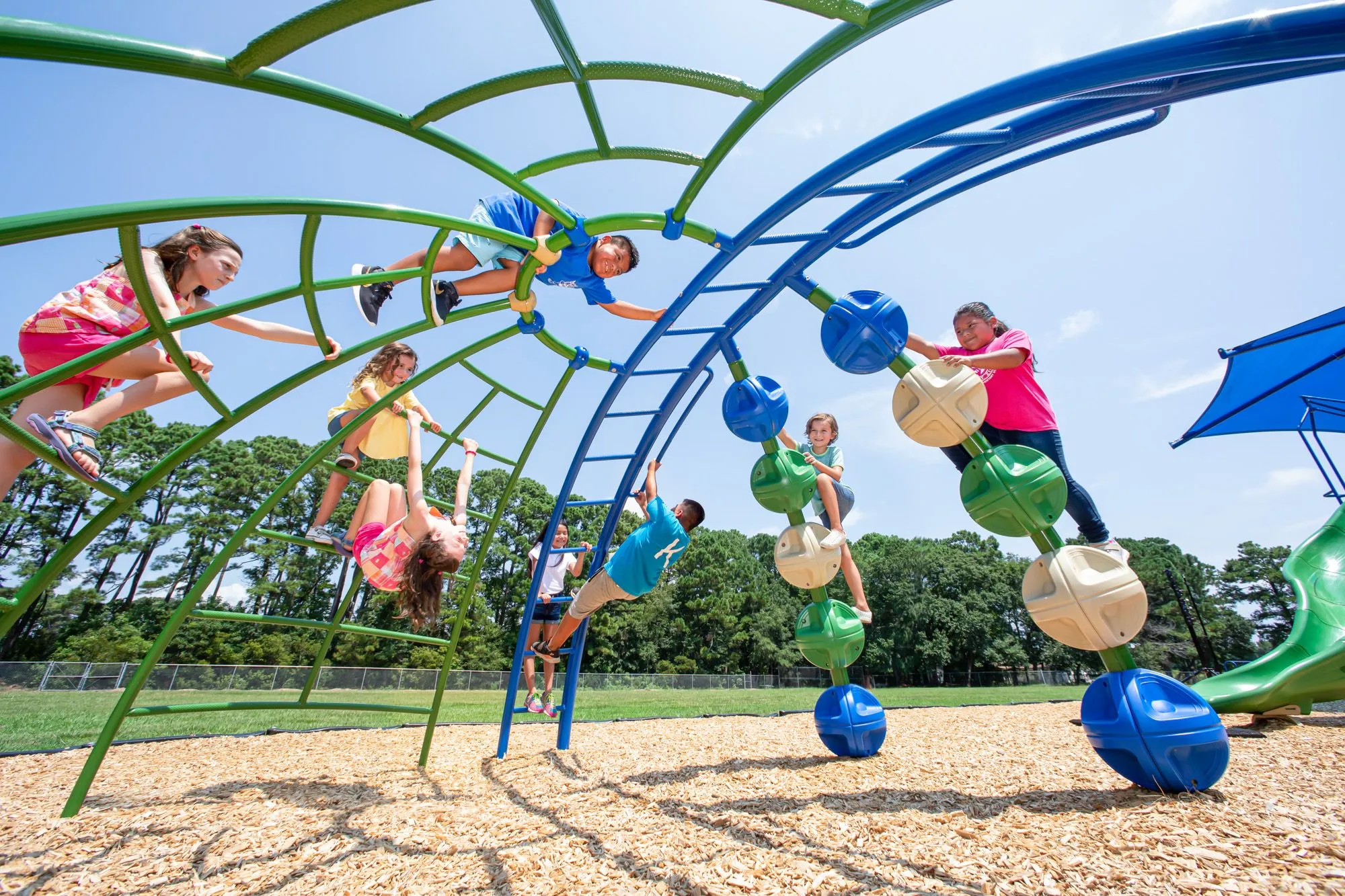For most people, it’s not a surprise that kids socializing helps them adjust and learn how to function properly with others as they get older. The more kids play, the more “well-adapted” they become to social settings. Those that stand out as unable or unwilling to socialize then become identified and encouraged to adjust. If the aberrant behavior continues, then the child is given focused attention to help him or her socialize better. This approach has been around for years. However, why child psychology has studied the matter for just as long as well, very few laypeople understand exactly how powerful that socializing in early childhood really is.
Kids playing and understanding how to play by practice and action has a direct impact on their mental health. While the current push has been to reduce the playtime and increase the study time in the last few years, especially as the West has been realizing a deficit in academic performance compared to Asia, child psychologists are also looking at what the ramifications are socially without as much play. 2020 in particular, has unintentionally provided a clear example for a generation of kids who spent almost two years isolated and not playing with each other to measure the effects.
Ideally, playgrounds and recess time help kids learn boundaries, interaction and teamwork, as well as inherent community rules that guide their daily behavior growing up. However, in practice, they also learn issues of inequality, strength and weakness, group think versus isolation and popularity. Combined, these experiences help children prepare for adulthood, which essentially includes all the same factors, just in a more complicated fashion and environment, such as the workplace.
The illuminating recent research however, has focused on how deeply play affects the ability to develop resilience to stress, angst, frustration, want and ethical values. Obviously, children learn not to be selfish and demanding when they want something. Instead, they learn the value of working together produces more for them through sharing than working alone all the time. But, more importantly, kids are also developing cognitive approaches ranging from enhanced communication to non-verbal understanding of others, as well as how to deal with group pressure and direct challenges. Without play, kids actually grow limited and without as many mental defenses to deal with shock and ad hoc pressures that occur more and more as a person gets older.
At a deeper level, kids learn to focus on producing positive outcomes with others when they play together, realizing the value of synergies when working on shared projects. That in turn leads to stronger friendships and learning the value of maintaining and protecting relationships with others who share the same interests. Because play involves unstructured learning, it becomes personal and kids stay emotionally invested in their efforts with each other. Over time, this becomes a value that people want to achieve as they grow older, whether in academics, work or life with partners.
So, the value of play for mental health and growth is immense. And if it has that much of an impact on people, then it makes sense to question what kind of an effect too little play will have on children as they grow without that mental development obviously so valuable to their well-being.
